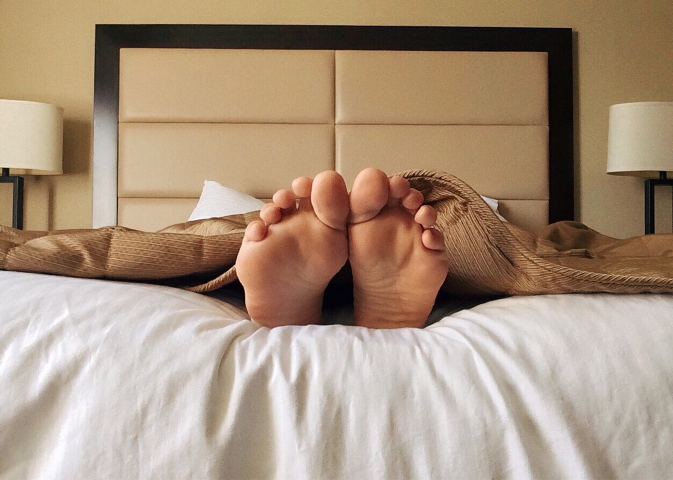FDA clears Eisai’s insomnia drug Dayvigo

The FDA’s traditional last-minute flurry of approvals as the year heads to a close included Eisai’s Dayvigo, a new treatment for insomnia that is the first direct competition to Merck & Co’s Belsomra.
The US regulator cleared the dual orexin 1 and 2 receptor antagonist (DORA) for the treatment of insomnia characterised by difficulties with sleep onset and/or sleep maintenance in adults, with the company predicting a launch in around three months.
Prior to that, Dayvigo (lemborexant) will need to be scheduled by the Drug Enforcement Administration (DEA), as is always the case when a drug is considered to have the potential for causing dependency.
Once launched, Dayvigo will be a competitor to Merck’s DORA Belsomra (suvorexant), which was approved by the FDA in 2014 and is a schedule IV drug – meaning it there is a minimal level of control needed.
Belsomra has taken a healthy share of the insomnia market from drugs, but the category overall is dominated by generic medicines and has been in decline for some time, although Merck’s drug is expected to reverse that trend in the coming years.
The world market for insomnia drugs was estimated at around $2.7 billion last year, according to Acute Market Research, and will grow to $4.3 billion in 2026, with Belsomra contributing a chunk of that increase.
There’s no denying Merck’s drug is however a pretty minor brand for the company with sales of just $223 million in the first nine months of 2019, and analysts don’t expect it to grow much beyond the $500m mark.
The approval was based on the results of two phase III studies – SUNRISE 1 and SUNRISE 2 - which compared the drug respectively to placebo and active comparator drugs, including zolpidem.
Eisai’s drug demonstrated statistically significant superiorities on sleep onset and sleep maintenance compared to placebo, and didn’t seem to have some side effects linked to generic treatments such as rebound insomnia.
Earlier this year, the FDA slapped new warnings on the labels of a range of insomnia drugs – including zolpidem, eszopiclone and zaleplon – after reports of sleepwalking, sleep driving and other potentially hazardous activities while not fully awake, such as unsafely using a stove.
There’s other competition on the way, including from Minerva Neurosciences and Johnson & Johnson’s Janssen pharmaceuticals unit, which are developing a drug that preferentially targets just one of the orexin receptors thought to be more relevant to maintaining wakefulness.
Their selective orexin 2 receptor antagonist, called seltorexant, for both insomnia and mood disorders including major depressive disorder. Seltorexant showed statistically significant improvement over placebo and zolpidem in a phase 2b trial reported in June.
Whether it’s better to target the two orexin receptors or just one remains to be determined. Nevertheless, there are now two DORA options for prescribers to chose from in the US, and while there’s no clear view yet if Dayvigo is differentiated from Merck’s drug, there is increased choice for patients and prescribers.
“We believe the approval of Dayvigo is particularly exciting because it is the first FDA-approved medication to report safety data over a 12-month period along with sleep onset and sleep maintenance efficacy data over a six-month period in a pivotal clinical study,” said Lynn Kramer, Eisai’s chief clinical officer, neurology.
“We look forward to making this new therapeutic option available to the millions of patients who suffer with insomnia,” she added. For now, there’s no word on pricing and how it might compare with Belsomra, which costs around $370 for a 30-day supply.
Meanwhile, Eisai has aspirations to extend the applications of Dayvigo into new therapeutic areas, including use in dementia patients to reduce nighttime wandering and falls, and has reported encouraging mid-phase results in people with Alzheimer’s disease.
Eisai formerly partnered the drug with Purdue Pharma, bought regained full rights to it in May, shortly before Purdue filed for bankruptcy in the face of big liabilities associated with the US opioid crisis.
As many as 40 million people in the US are estimated to experience some form of insomnia such as having trouble falling asleep, staying asleep, or returning to sleep after waking in the middle of the night.













